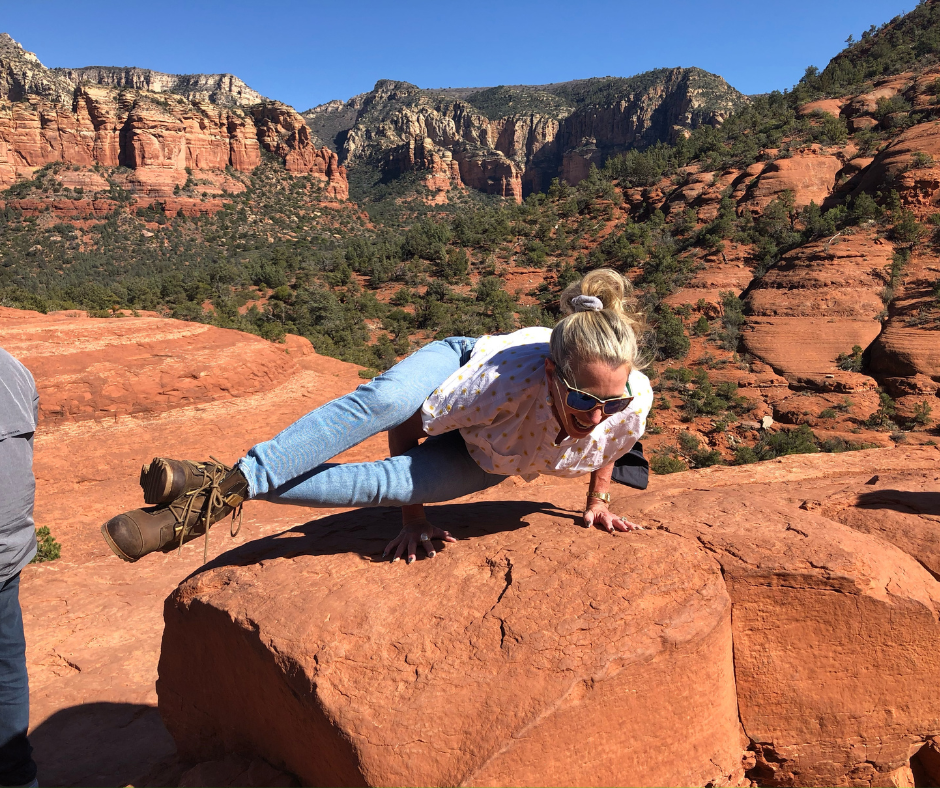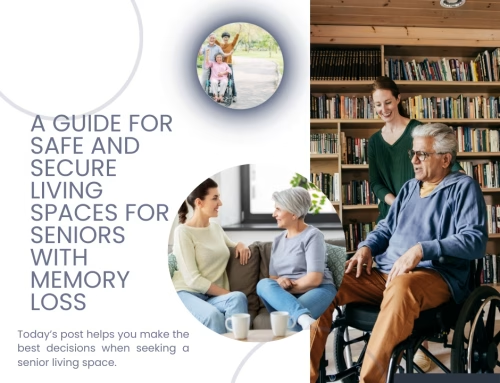Exercising is a vital component of any healthy lifestyle, but it’s especially crucial for seniors. Why?
Because as we age, we tend to lose muscle mass and bone density, which can lead to a host of health problems.
But exercise isn’t just about staving off age-related decline. Exercise can also improve your mood, increase your energy levels, and help you maintain your independence.
Seven Ways Exercising Can Affect Seniors Positively

1. Improves Balance and Coordination
One of the most common concerns among seniors is falling. According to the Centers for Disease Control and Prevention (CDC), one in four Americans aged 65 and over falls each year.
Falls can lead to serious injuries, including hip fractures and head trauma, and they can be fatal.
But exercise can help improve your balance and coordination, which can reduce your risk of falling.
2. Boosts Bone Density
As we get older, we lose bone density, which can lead to osteoporosis. This condition makes bones porous and fragile, and they’re more likely to break.
Weight-bearing and resistance exercises may help strengthen bones and slow the rate of bone loss.
3. Increases Muscle Mass
Muscle mass declines around age 30, and this process speeds up as we get older. This loss of muscle mass might lead to frailty and a decrease in strength.
But exercise can help offset the effects of muscle loss. Strength-training exercises that work all the major muscle groups are especially beneficial.
4. Improves Heart Health
Heart disease is the major cause of death for both men and women in the world. But exercise may help reduce your risk of developing heart disease.
It does this by lowering your blood pressure, improving your cholesterol levels, and increasing your heart’s efficiency.
5. Improves Mood and Sleep Quality
Exercise may also have a beneficial influence on your mental health. It can help reduce anxiety and depression, and it can improve sleep quality.
Exercise increases endorphins, which have mood-boosting effects.
6. Improves Digestion
Digestion can slow down as we age, which can lead to constipation.
But exercise can help keep things moving along by stimulating the movement of food through the digestive tract.
7. Increases Energy Levels
It may seem counterintuitive, but exercise may actually increase your energy levels.
That’s because it helps improve the efficiency of your heart and lungs, which leads to increased oxygenation of your blood.
There are many options to get started with exercise, including joining a gym, taking a fitness class, or working out at home.
If your loved one has moved to an assisted living facility, there are often exercise classes and other fitness activities available. You may do a quick search online to see which assisted living facility near you offers the best options.
For instance, if you live in Bellevue, WA, a simple search for “Bellevue assisted living” should give you excellent results.
Improve the Quality of Your Life
Even if you don’t think you have the time or energy to keep up with exercising, hopefully, this article has given you a few good reasons that it’s important.
Exercise can help improve your mood, protect your brain health, and keep your body strong – all of which are crucial for living a long and healthy life as a senior citizen.
So get moving!
Other Posts You Might Enjoy:
3 Secrets to a Healthy and Happy Lifestyle
Yaheetech Dumbell Product Review





